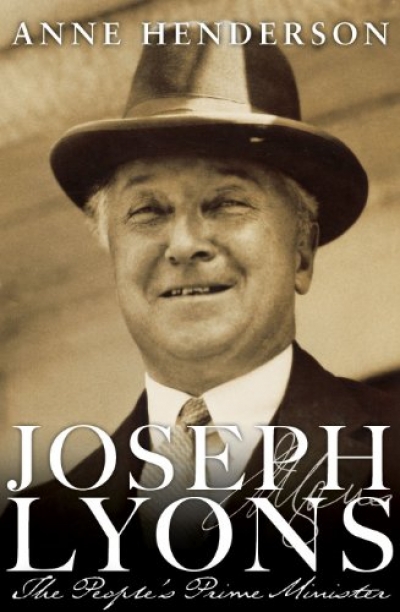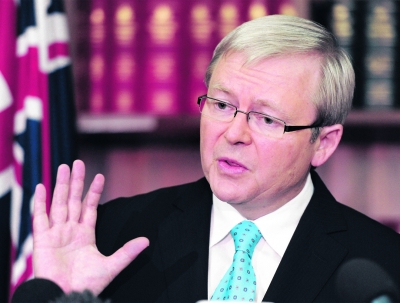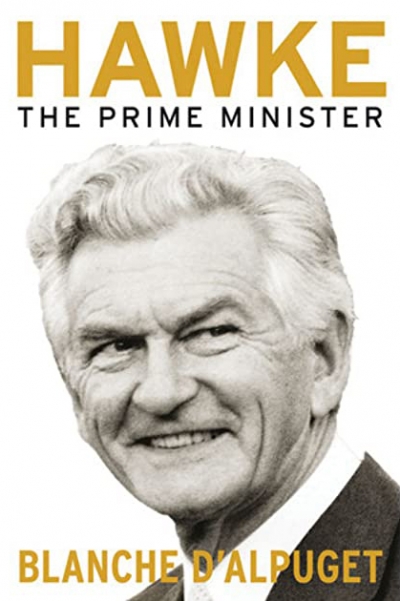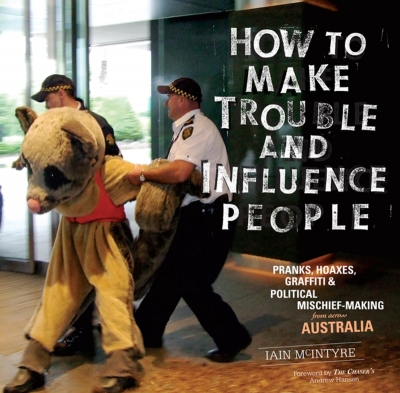Australian Politics
The Sweet Spot: How Australia Made Its Own Luck – And Could Now Throw It All Away by Peter Hartcher & The Fog On The Hill: How NSW Labor lost its way by Frank Sartor
by Joel Deane •
Joseph Lyons: The People’s Prime Minister by Anne Henderson
by David Day •
Heroes & Villains by Nick Dyrenfurth & A Little History of the Australian Labor Party by Nick Dyrenfurth and Frank Bongiorno
by Stuart Macintyre •
Punch and Judy: The double disillusion election of 2010 by Mungo MacCallum
by Joel Deane •
The political assassination of Kevin Rudd will fascinate for a long time to come. As with Duncan’s murder in Shakespeare’s play it was done, as Lady Macbeth cautioned, under ‘the blanket of the dark’, literally the night of 23–24 June 2010. The assassins heeded Macbeth’s advice: ‘if it were done when ’tis done, then ’twere well it were done quickly.’ And as in Macbeth, the assassins were in the shadow of the throne. Even the old king approved: Bob Hawke, himself deposed in 1991, recognised at last that the removal of a Labor prime minister is sometimes necessary.
... (read more)What Were They Thinking?: The Politics of Ideas In Australia by James Walter (with Tod Moore)
by Nicholas Barry •
Boyer Lectures: A very Australian conversation by Peter Cosgrove
by Patrick Allington •
How to Make Trouble and Influence People: Pranks, hoaxes, graffiti & political mischief-making by Iain McIntyre
by Dan Rule •










